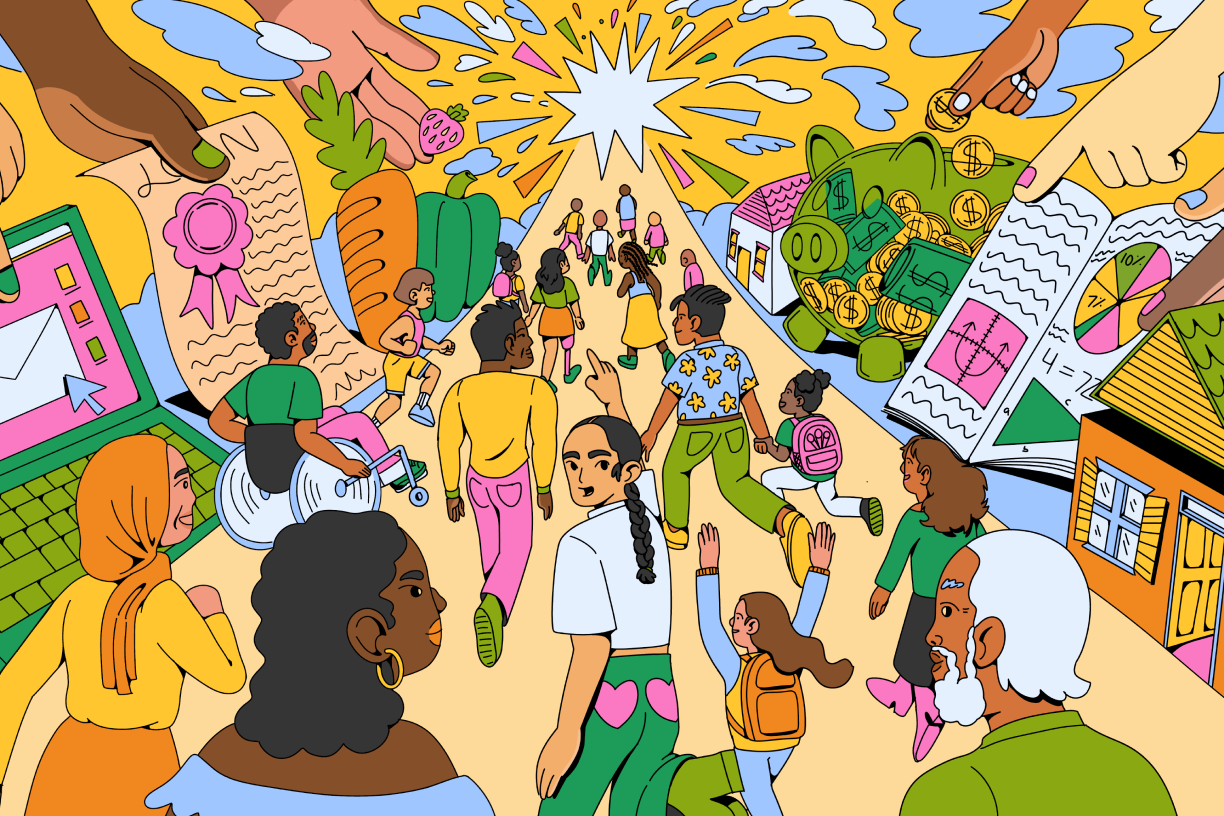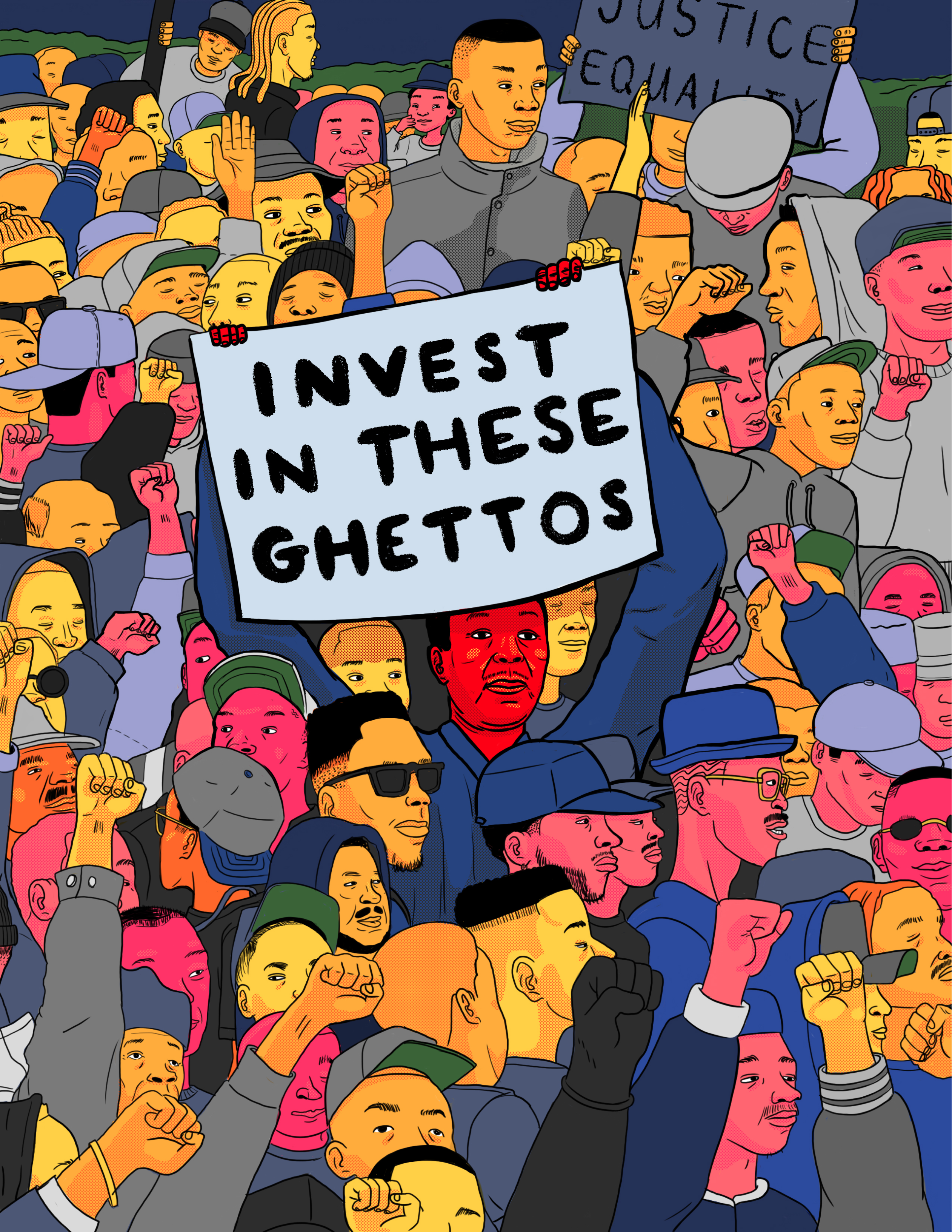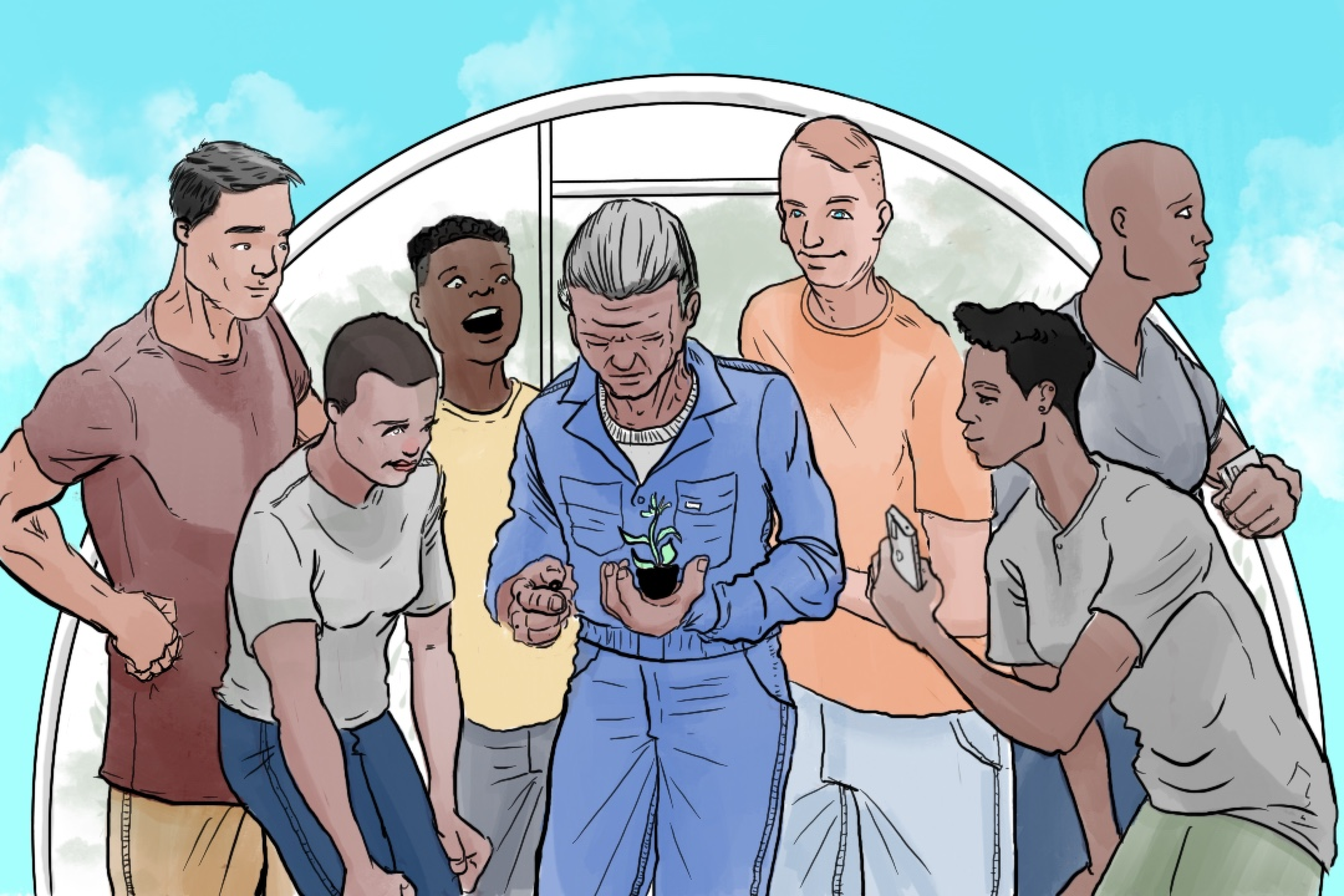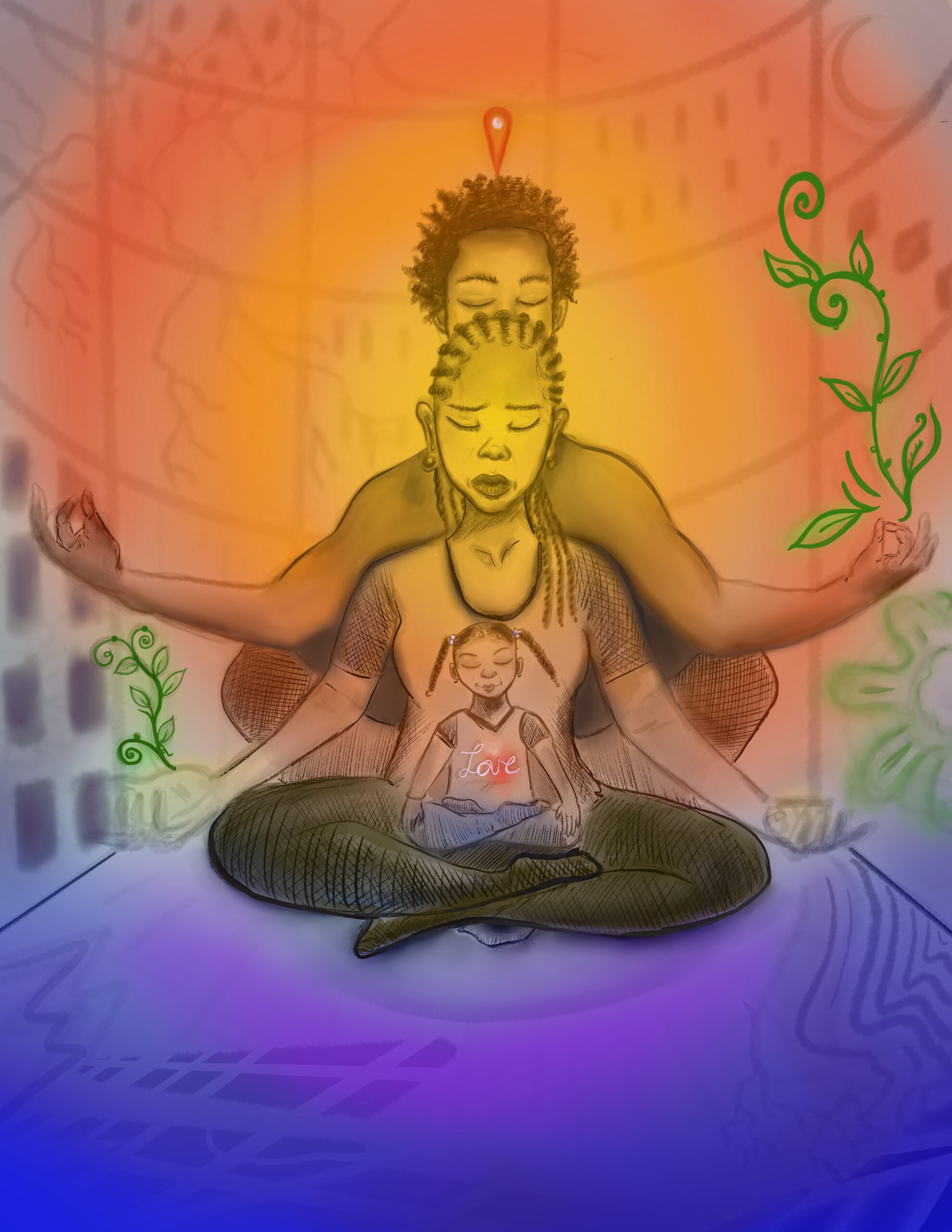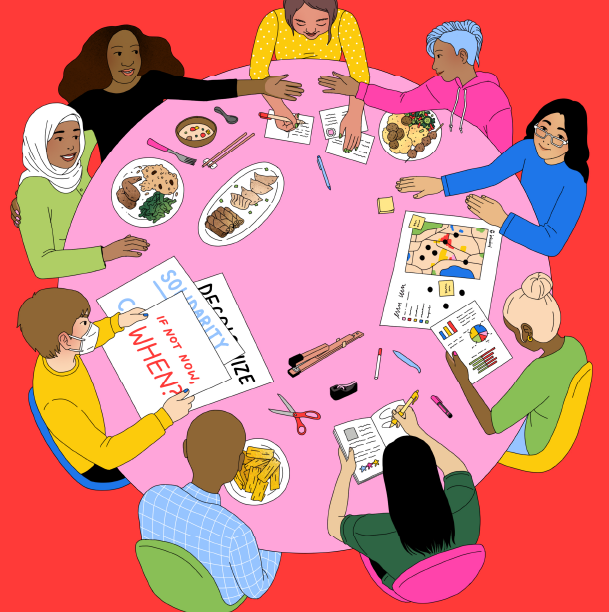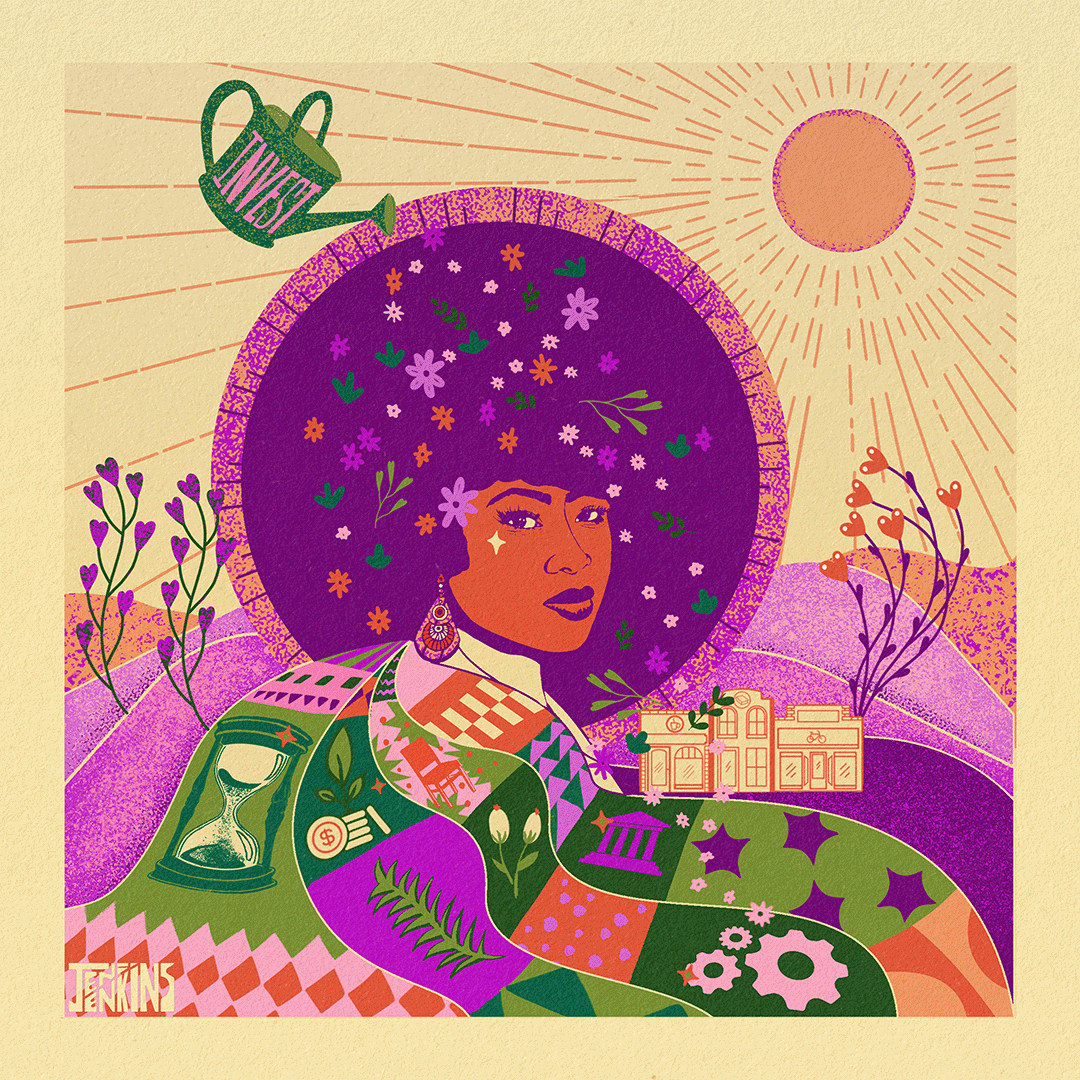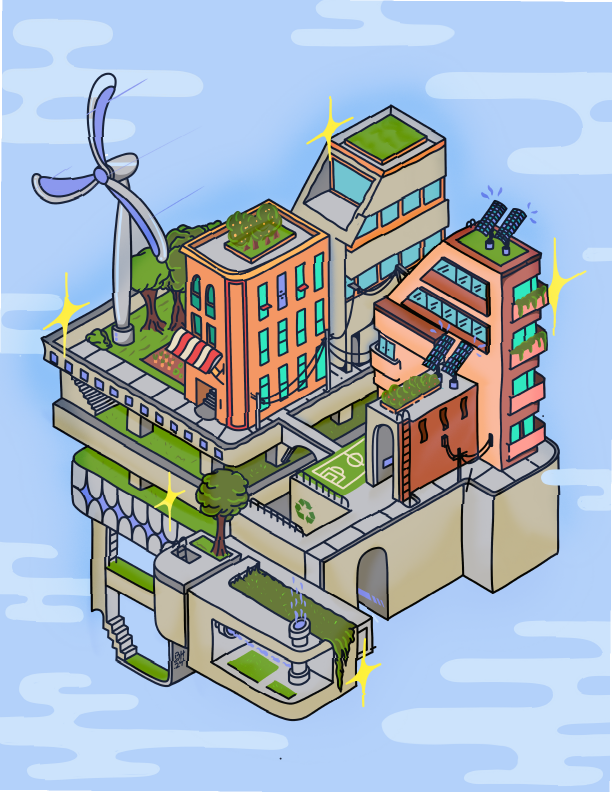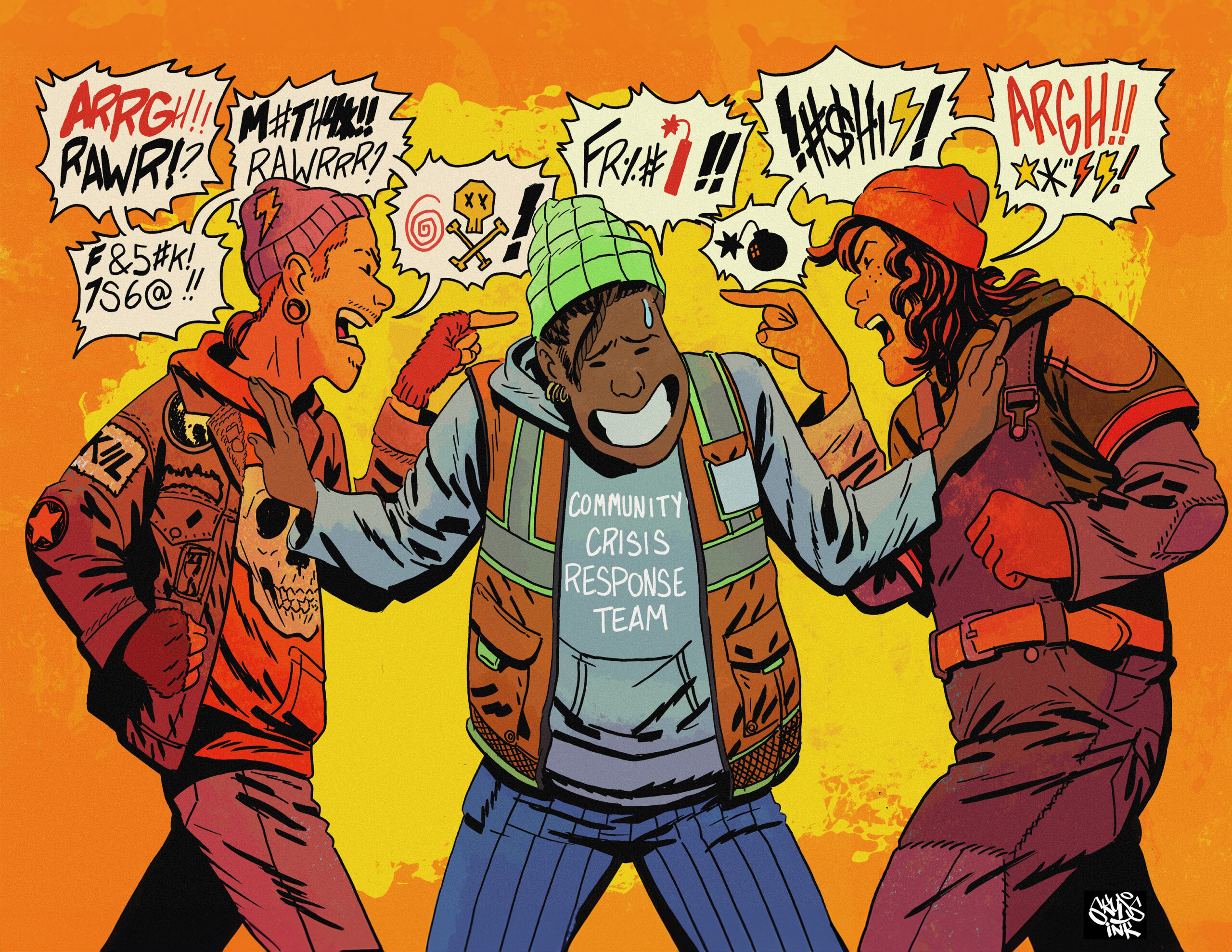About
The Project
About The Site
The content on this site is grounded in (and often responding directly to) ThirdSpace Action Lab’s anti-racist community development research project made possible through support from the Robert Wood Johnson Foundation. The research brought together the practical experience of 87 community development practitioners and a literature review of 85 different information sources.
This website is dedicated to anyone who cares about anti-racist community development work and wants to be part of the movement to move anti-racist practice forward in the sector. We believe this work is incredibly important to the future of our country, both in remedying mistakes of the past and building a far better future for all American communities. We intend for this site to be a place for continued conversation and reflection, and we believe that we can find joy and purpose in naming both racism and anti-racism explicitly and then working collectively to move things forward. We hope that you as a reader can see a role for yourself in the wisdom shared.
A Note On Content
Working toward anti-racist community development is incredibly complex. It requires us to sit with tensions and contradictions. It requires us to recognize that no single reform or single innovation is going to get us to where we want to go. There are no silver bullets or quick fixes.
Most importantly, it requires us to make space for a diversity of perspectives grounded in a lot of different kinds of experience. The anti-racist community development research was very intentional about including a diversity of practitioner experience, including participants’ racial identities, job functions, length of time in community development, geography served, and location in the United States. This website is striving to have the same diversity of perspectives in the authors, artists, and researchers it features. The views expressed on the site do not necessarily reflect the views of ThirdSpace Action Lab or our partners and collaborators, but we believe that they collectively point toward the kind of future that’s possible.
About ThirdSpace Action Lab
ThirdSpace Action Lab was created to disrupt the vicious cycle of disinvestment + displacement that negatively impacts the vitality of communities of color with low incomes. ThirdSpace is a grassroots solutions studio dedicated to prototyping creative, place-based solutions to complex socio-economic problems. The organization works as institutional + community organizers, turning multidisciplinary research into evidence-based strategies and activating “third places” to co-create more liberated spaces for people of color.
Related Projects
Beyond the Anti-Racist Community Development research project, this website is also grounded in ThirdSpace’s other practice areas, including our Awareness-Building partnership with the Racial Equity Institute, the ThirdSpace Reading Room, and Chocolate Cities. It also benefits from ongoing research and learning partnerships, including our collaboration with the Community Opportunity Alliance to understand the role of resident voice in the modern community development sector.



